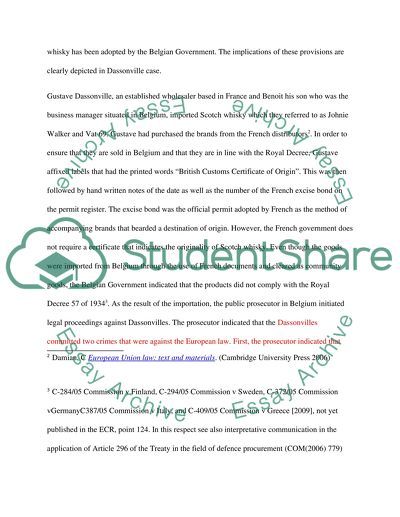Cite this document
(“European Law Free movements of goods (EU project) Essay”, n.d.)
European Law Free movements of goods (EU project) Essay. Retrieved from https://studentshare.org/law/1685659-european-law-free-movements-of-goods-eu-project
European Law Free movements of goods (EU project) Essay. Retrieved from https://studentshare.org/law/1685659-european-law-free-movements-of-goods-eu-project
(European Law Free Movements of Goods (EU Project) Essay)
European Law Free Movements of Goods (EU Project) Essay. https://studentshare.org/law/1685659-european-law-free-movements-of-goods-eu-project.
European Law Free Movements of Goods (EU Project) Essay. https://studentshare.org/law/1685659-european-law-free-movements-of-goods-eu-project.
“European Law Free Movements of Goods (EU Project) Essay”, n.d. https://studentshare.org/law/1685659-european-law-free-movements-of-goods-eu-project.


